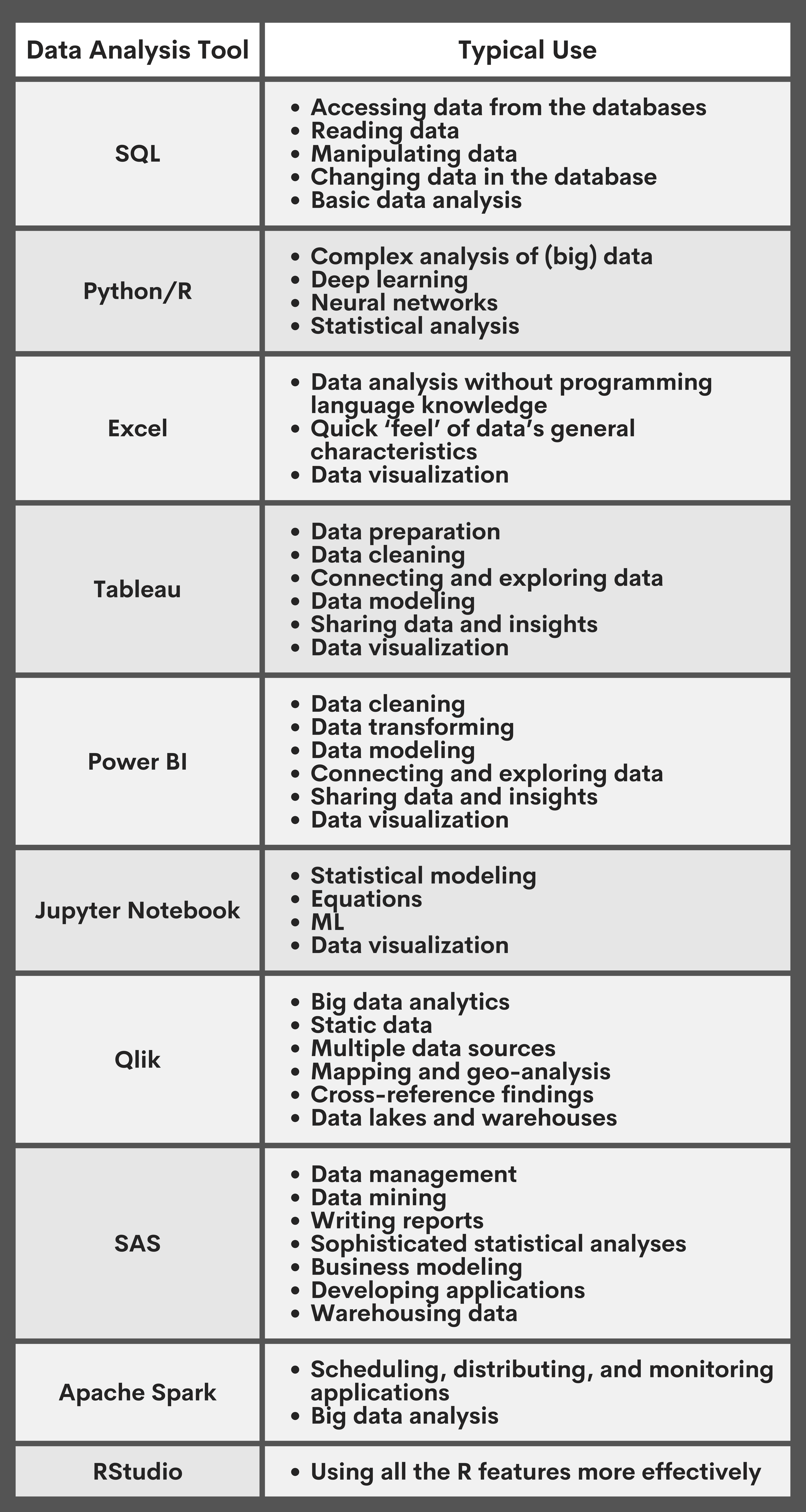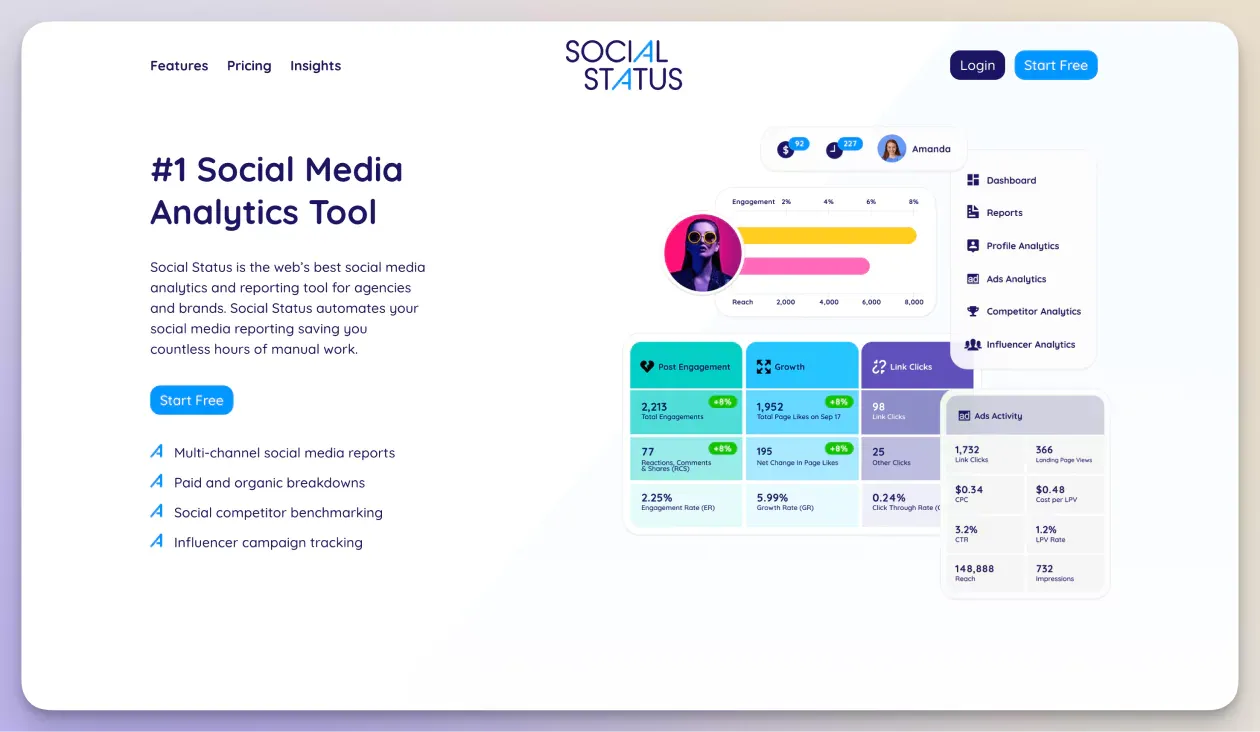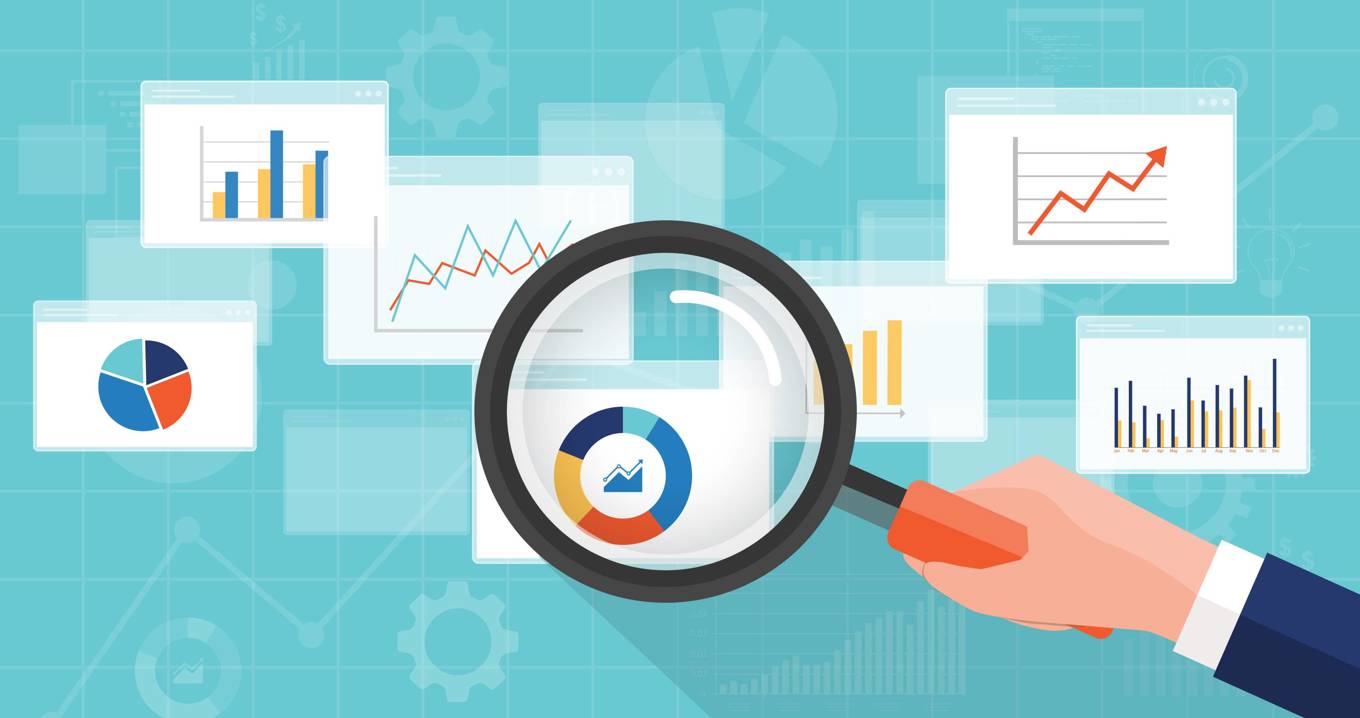Take Full Advantage Of Growth: Just How Analytics Drive Better Strategies
By taking advantage of data understandings, companies can fine-tune their operational strategies, expect market modifications, and boost customer engagement. The difficulty exists not only in gathering information but in efficiently interpreting it to drive tangible outcomes.
Comprehending Data Analytics
Information analytics is a systematic computational evaluation of data that makes it possible for organizations to discover significant patterns and understandings. This process includes a range of techniques, consisting of statistical evaluation, anticipating modeling, and information mining, which collectively intend to transform raw data right into workable information - Analytics. By employing these methods, organizations can make informed choices that are rooted in empirical proof instead of intuition alone
The foundation of data analytics exists in its ability to handle huge amounts of information from diverse resources. This includes organized information, such as data sources, and disorganized information, including social networks interactions and customer feedback. Through the use of specialized software program and devices, analysts can draw out and process this data successfully, identifying patterns and correlations that may not be quickly noticeable.
Recognizing data analytics additionally involves recognizing the significance of data high quality and honesty. Exact and trustworthy data is critical for meaningful evaluation; therefore, companies have to carry out robust information administration techniques. The repetitive nature of analytics allows for continuous refinement and enhancement of techniques, ensuring that companies stay nimble in the face of altering market characteristics and consumer behavior.
Trick Benefits of Analytics

Among the vital advantages of analytics is its ability to give actionable understandings. Organizations can swiftly examine substantial quantities of information, uncovering patterns that may not be immediately obvious. This assists in expecting market shifts and adjusting approaches accordingly. Additionally, analytics cultivates a society of evidence-based decision-making, reducing dependence on intuition and guesswork.
An additional significant benefit is enhanced client understanding. Analytics tools enable services to section their audience, track customer behavior, and personalize advertising initiatives. This targeted strategy not only boosts client engagement but likewise drives higher conversion rates.

Implementing Analytics Methods
To completely understand the benefits of analytics, organizations should adopt structured strategies for execution. This starts with plainly defining goals that line up with wider business goals. By developing details, quantifiable outcomes, companies can focus their analytics initiatives on areas that yield the highest return on financial investment.
Next, organizations ought to focus on data governance to ensure the honesty and protection of the data being evaluated. This entails establishing up protocols for information collection, storage space, and accessibility while adhering to appropriate policies. Making sure top quality information is important for generating purposeful understandings.
In addition, promoting a culture of data-driven decision-making is crucial. This calls for training workers to translate analytics findings and motivating cooperation across departments. They are much more likely to integrate insights into their daily procedures. when groups understand the value of analytics.
Lastly, companies must consistently examine and fine-tune their analytics approaches. The landscape of information and modern technology is continually progressing, and staying adaptable will enable companies to leverage new tools and methods successfully. By applying these organized approaches, organizations can maximize the impact of their analytics initiatives and drive lasting growth.
Devices for Effective Evaluation
Efficient evaluation relies upon a selection of devices that help with the extraction of understandings from information - Analytics. These devices can range from straightforward spread sheet applications to sophisticated maker learning platforms, each serving a distinct purpose in the logical process
Information visualization software program, such check my reference as Tableau and Power BI, plays an essential function in transforming complicated datasets right into understandable visual depictions. These devices make it possible for analysts to determine patterns and trends rapidly, permitting even more enlightened decision-making.
Analytical analysis software application, like R and SAS, offers innovative capacities for carrying out extensive analyses, consisting of regression, theory testing, and anticipating modeling - Analytics. These functions equip companies to draw meaningful final thoughts from their information, determining possible opportunities and threats
Moreover, data source administration systems such as SQL and NoSQL data sources supply the needed infrastructure for storing and inquiring large quantities of information efficiently. They guarantee that data is arranged and accessible for evaluation.
Finally, business intelligence platforms integrate various information sources, offering a thorough view of business performance. By utilizing these tools efficiently, companies can improve their logical abilities, allowing them to develop methods that maximize growth and enhance general performance.
Instance Research Studies of Success
Successful companies often leverage information analytics to drive impactful techniques, as shown by a number of significant study. One famous example is Netflix, which utilizes sophisticated algorithms to assess audience preferences and behavior. By using these understandings, Netflix has successfully tailored its content recommendations, leading to boosted individual interaction and client retention. Their data-driven approach has most certainly contributed to their status as a leading streaming service.

In addition, Starbucks uses information analytics to determine optimum store places and refine its item offerings. By checking out customer demographics and acquiring patterns, Starbucks effectively recognizes high-potential markets and customizes its menu to local preferences, driving sales and customer loyalty.
These instance research studies highlight that reliable use of data analytics can result in tactical benefits, fostering technology and development within companies across various sectors.
Conclusion
In verdict, the combination of analytics into business techniques considerably improves decision-making processes and promotes lasting development. The effective execution of analytics devices better sustains agility and development, enabling companies to navigate affordable landscapes with over here greater precision.
Information analytics is a systematic computational analysis of data that enables companies to reveal purposeful patterns and insights.Recognizing information analytics likewise includes identifying the significance of information top quality and honesty. Precise and trusted data this article is crucial for meaningful evaluation; therefore, companies need to carry out robust data governance methods.Following, organizations must focus on data administration to guarantee the honesty and safety and security of the information being assessed.Effective companies usually utilize information analytics to drive impactful techniques, as shown by several remarkable instance researches.